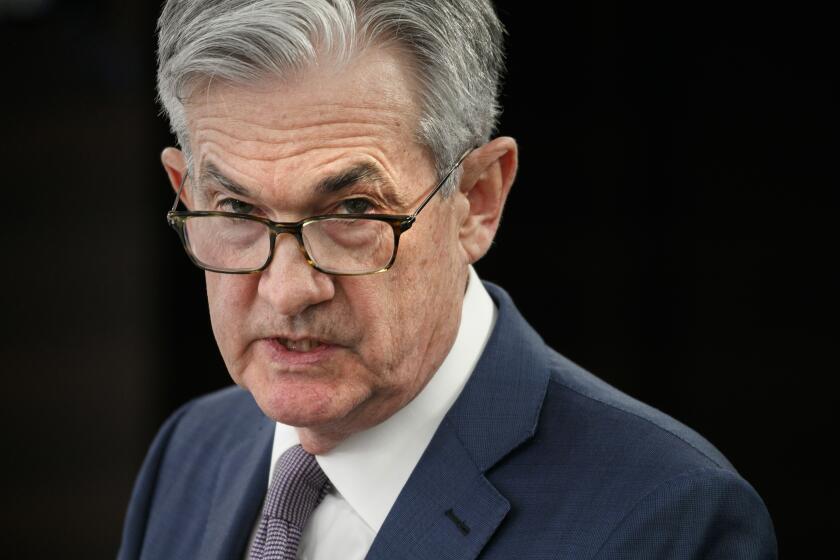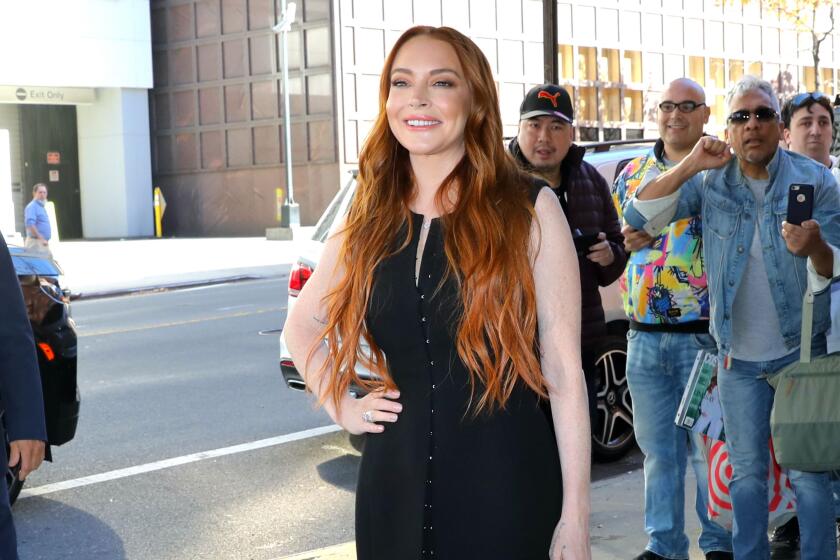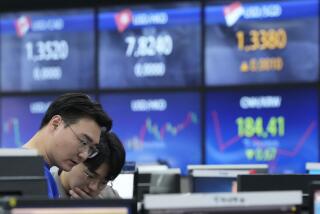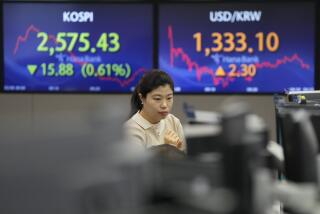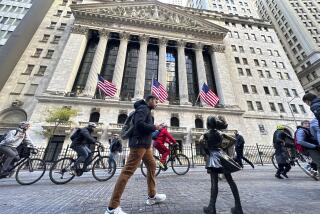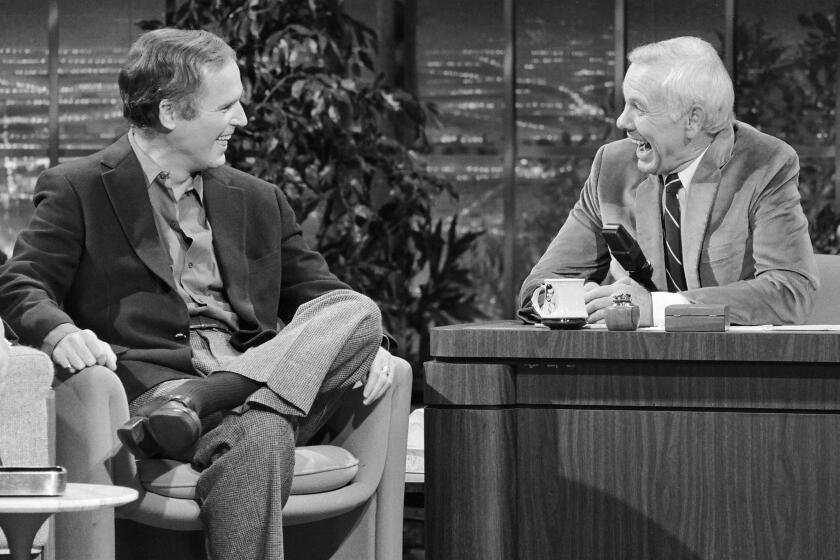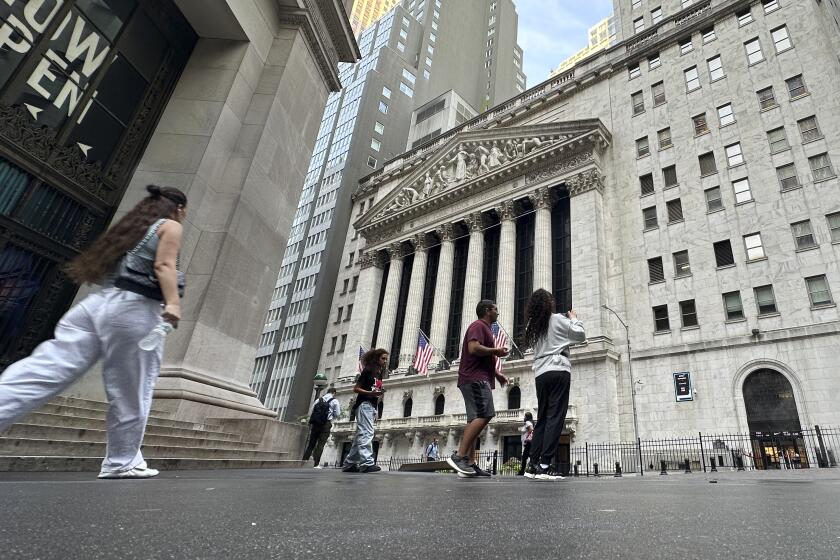Stocks tick higher after another dizzying day on Wall Street
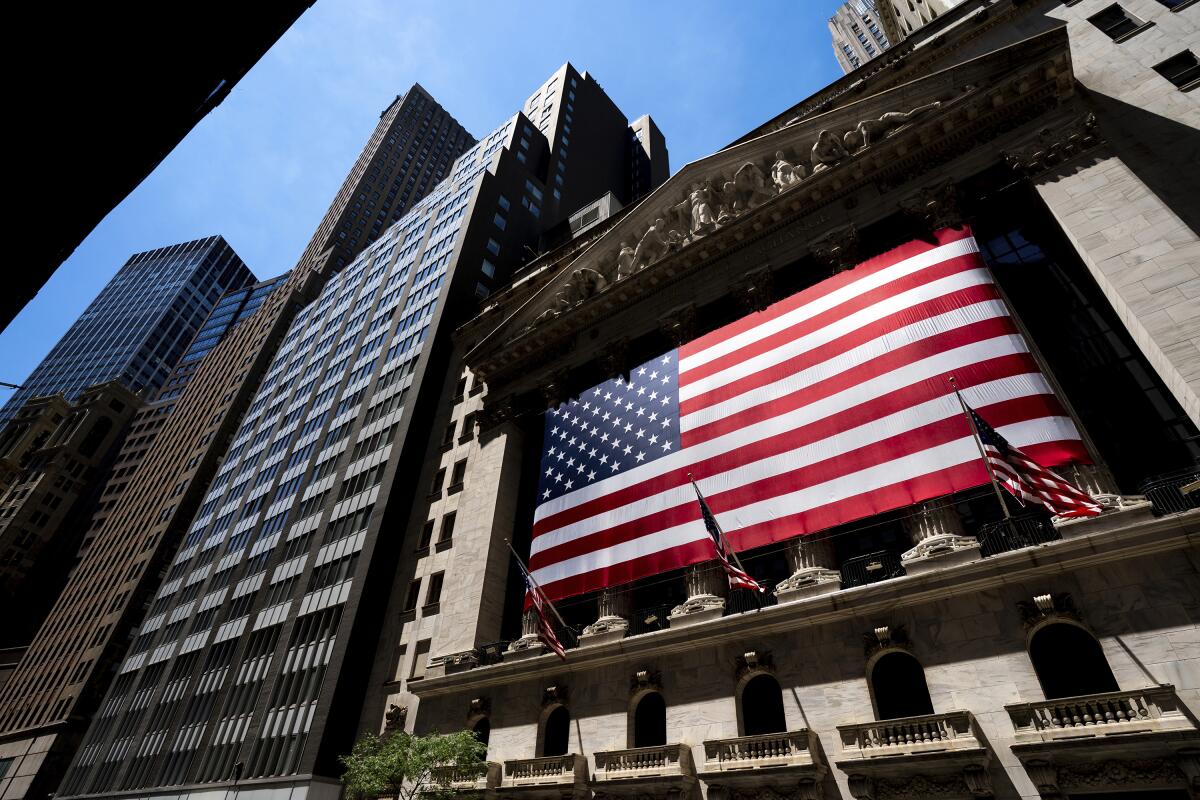
Stocks rose Thursday, but only after another dizzying day for Wall Street during which a big show of strength from the morning vanished and worries rose about the banking industry.
The Standard & Poor’s 500 added 0.3% for its third gain in four days, but it had been on track for a much healthier gain of 1.8% in the morning. The Dow Jones industrial average saw an early gain of 481 points disappear, and it likewise dipped to a brief loss before closing with a rise of 75 points, or 0.2%. Strength for technology stocks helped the Nasdaq composite hold up better than the rest of the market; it added 1%.
Two big questions have been causing big swings for Wall Street this month, and investors still don’t have a final answer for either. One issue is investors are worried about whether more banks will suffer a debilitating exodus of customers after the second- and third-largest U.S. bank failures in history. The other is all the turmoil clouding the outlook for what the Federal Reserve will do with interest rates after hiking them with market-rattling speed over the last year.
“Until these two clouds get resolved, it’s hard to see the market making any sustained headway,” said Yung-Yu Ma, chief investment strategist at BMO Wealth Management.
“I do think it’s something where it could calm down on its own,” Ma said about the crisis pounding the banking industry, “and I hope that it does. But it’s not clear why that would happen” without more forceful action from the government.
Economic growth will be a victim of the banking crisis, the Fed says, but will it be enough to quell inflation?
A day earlier, stocks fell sharply after the Federal Reserve indicated that although the end may be near for its hikes to interest rates, it still doesn’t expect to cut rates this year. Fed Chair Jerome H. Powell also insisted the Fed could keep raising rates if inflation stays high.
Traders on Thursday nevertheless were still largely betting the Fed will cut rates later this year. Such cuts can act like steroids for markets, juicing prices for stocks, bonds and other investments. They would relax the pressure on the banking industry and economy, but they could also give inflation more fuel.
Big technology and other high-growth stocks that tend to benefit the most from lower rates were among the strongest on Wall Street. Nvidia rose 2.7%, and Microsoft gained 2%.
Markets also were still mulling over comments from Treasury Secretary Janet Yellen that may have helped drag down bank stocks on Tuesday.
She said the government is not considering blanket protections for all customers at all banks. That may have disappointed some investors hoping for a more comprehensive solution. But Yellen did say the government will make all depositors whole at banks on a case-by-case basis, when failing to do so would mean risk for the broader system.
The Fed’s interest rate increase extends its yearlong fight against inflation despite concerns it will worsen the turmoil gripping the banking system.
Implicit in that is perhaps the hint that any bank failure could be seen as such a systemic risk. Failures at both Silicon Valley Bank and Signature Bank met that criterion. Depositors were promised all their money, even those with more than the $250,000 limit insured by the Federal Deposit Insurance Corp.
Still, investors probably need to hear something more concrete to be sure, Ma said.
“The reality is that until there’s a belief that, at least in the near term, all deposits are protected, the economy remains at much greater risk than it needs to be,” he said.
“If someone has deposits at” a bank seen as weak “and the stock is going down, why not pull your deposits, because we don’t know if those deposits will be guaranteed by the FDIC,” he said. “If any other prominent midsize banks go under and the deposits are not guaranteed, then all hell breaks loose.”
Stocks in the financial industry ended up being the heaviest weight on the S&P 500 despite rising in the morning. First Republic Bank, which has been in investors’ crosshairs the last couple of weeks, fell 6% after giving up a gain of nearly 10%.
The SEC announces charges against a host of celebrities for promoting crypto as an investment without disclosing that they were paid to do so.
The fear is that all the turmoil in the banking industry could cause a sharp pullback in lending to small and midsize businesses around the country. That could put more pressure on the economy, raising the risk for a recession that many economists already saw as likely.
The Fed’s Powell said such fears were part of the reason the central bank raised rates by only a quarter of a percentage point Wednesday instead of more. A pullback in lending could act almost like a rate hike on its own, he said.
In markets abroad, stocks in London fell 0.9% after the Bank of England also raised its key rate by a quarter of a percentage point. Stocks were mixed elsewhere across Europe and Asia.
On Wall Street, shares of Coinbase Global fell 14.1% after the cryptocurrency trading platform said it had been warned by the Securities and Exchange Commission that it could face charges of violating U.S. securities laws.
All told, the S&P 500 rose 11.75 points to 3,948.72. The Dow gained 75.14 points to end at 32,105.25, and the Nasdaq climbed 117.44 points to 11,787.40.
In the U.S. bond market, which has been home to some of Wall Street’s wildest moves this month, yields fell.
The yield on the two-year Treasury dropped to 3.81% from 3.97% late Wednesday. It was above 5% earlier this month.
AP writers Yuri Kageyama and Mat Ott contributed to this report.
More to Read
Inside the business of entertainment
The Wide Shot brings you news, analysis and insights on everything from streaming wars to production — and what it all means for the future.
You may occasionally receive promotional content from the Los Angeles Times.
